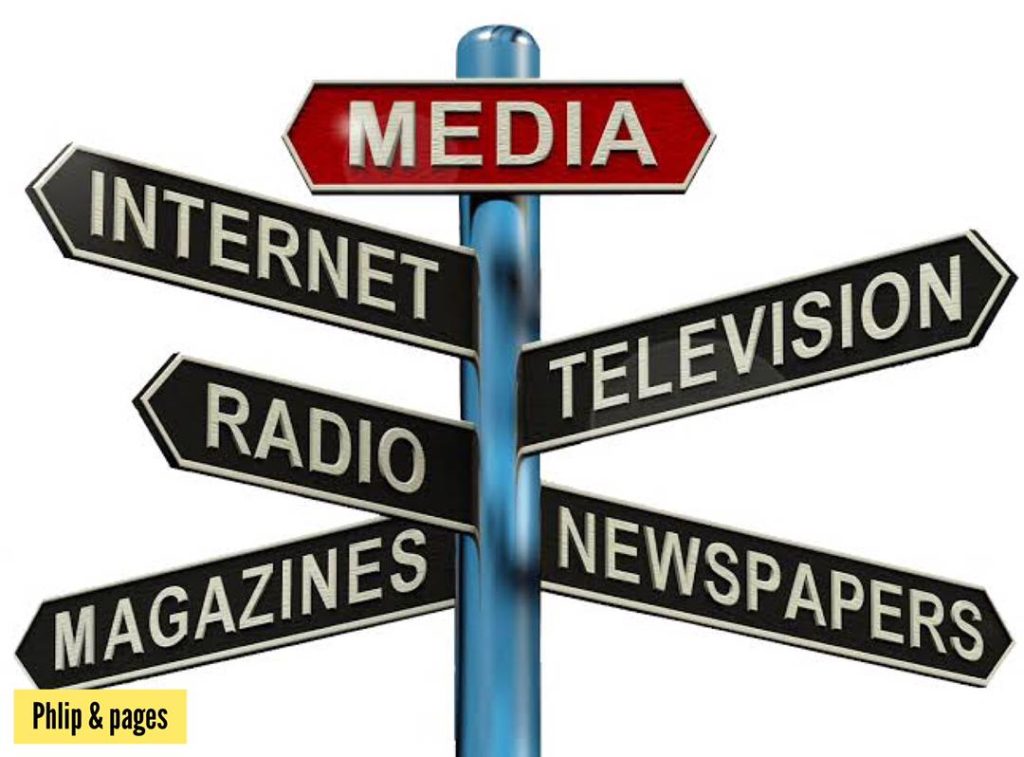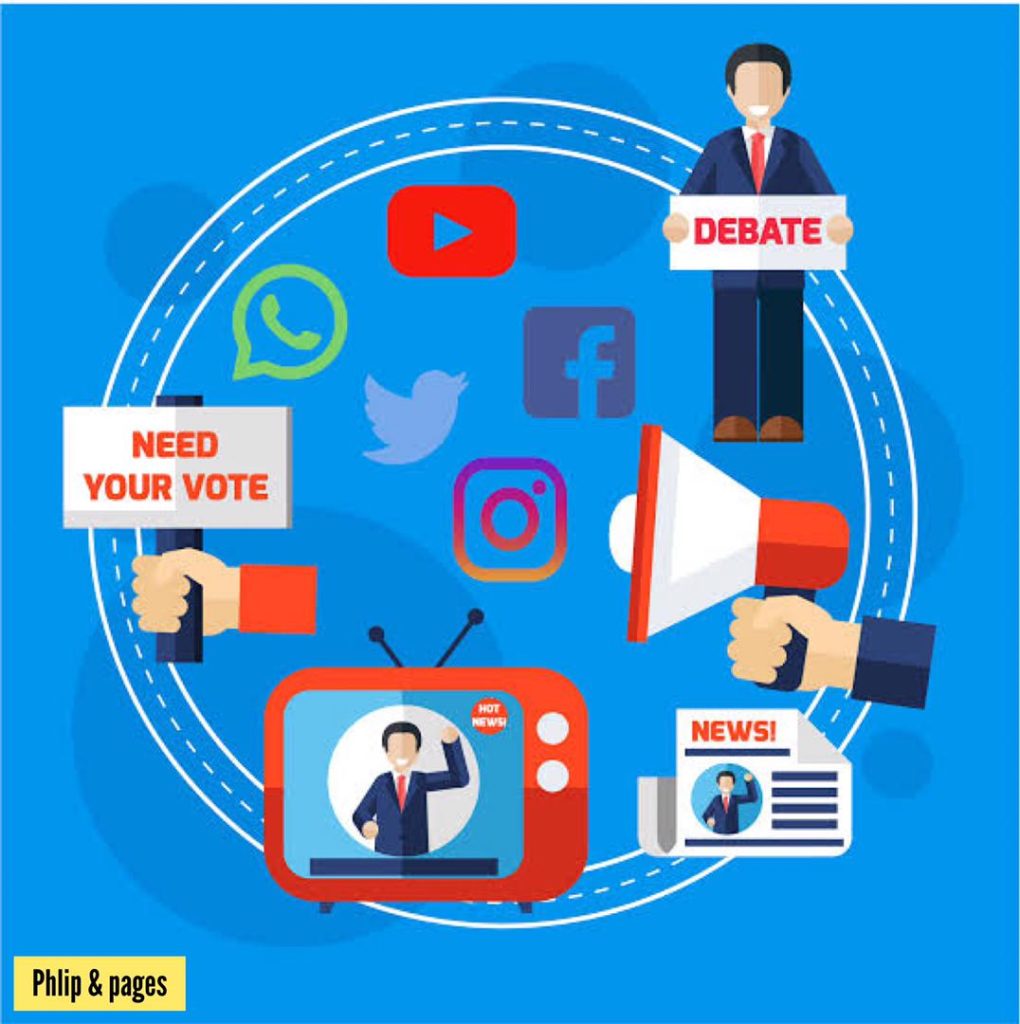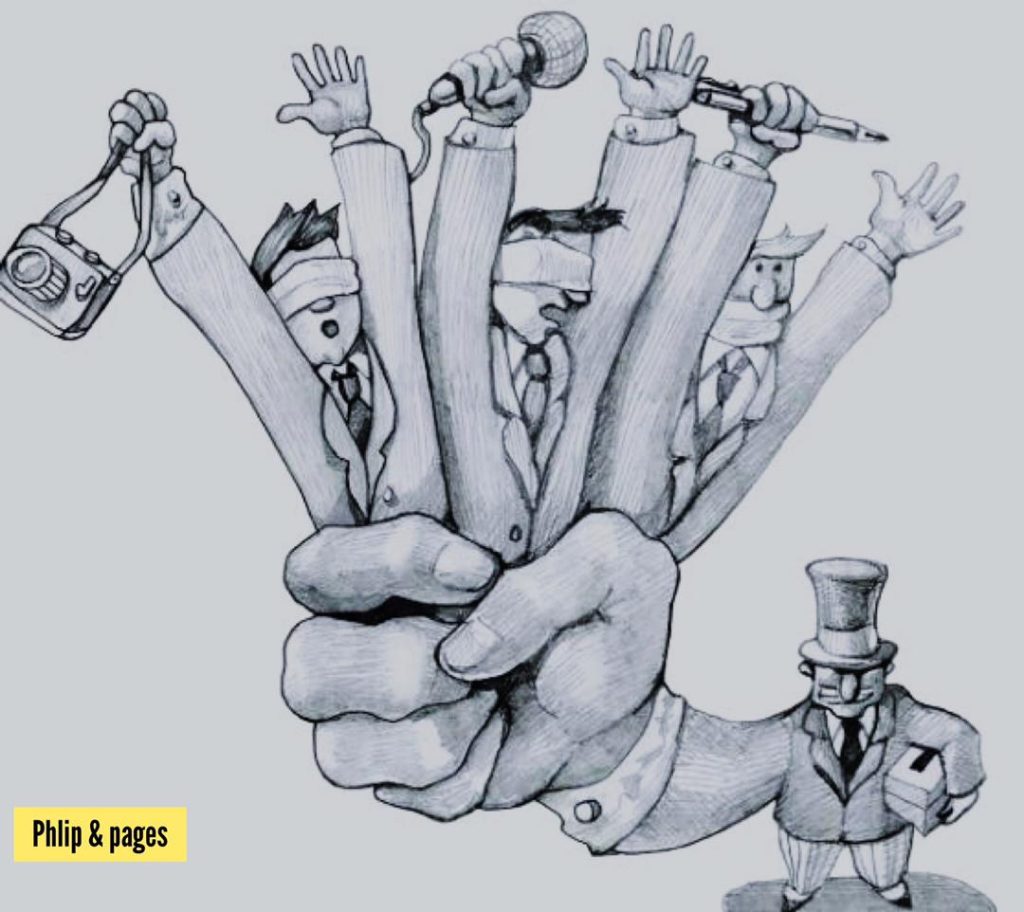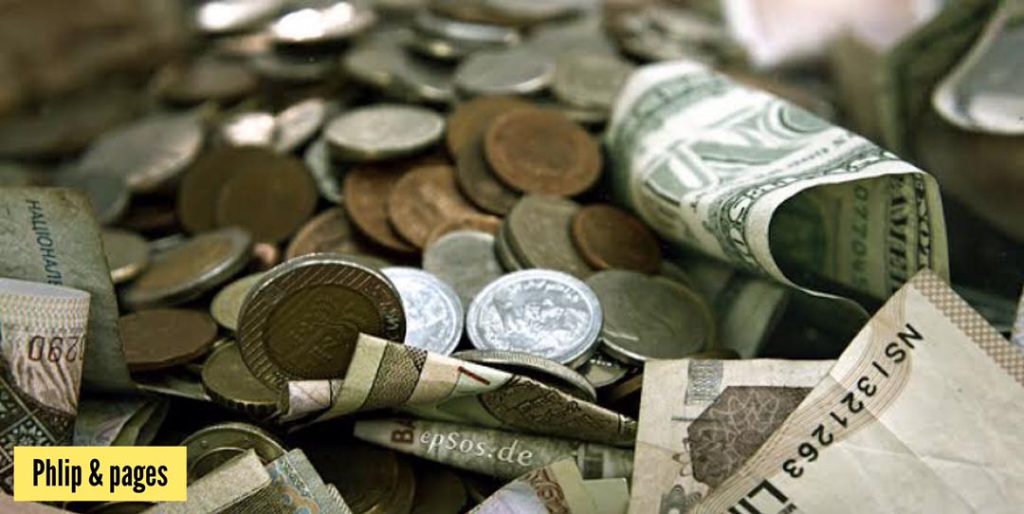The media plays a crucial role in shaping public opinion, raising awareness about key issues affecting society, and holding leaders accountable for their actions. In Nigeria, the media has had a significant impact on political discourse over the years.
In this article, we will examine how the media influences politics in Nigeria by exploring its role in shaping public opinion as well as its ability to hold leaders accountable.
The Power of Media

Media outlets such as newspapers, television stations radio programs blogs social media platforms provide citizens with access to information that shapes their perceptions world around them . Through news reporting analysis commentary investigative journalism , these outlets have become important sources knowledge not only for Nigerians but also international community at large .
One way that media influences politics is through agenda setting – determining which issues receive attention from policymakers general public alike. By highlighting certain topics or events while ignoring others journalists can help frame debates sway opinions influence decisions made by those power.
Role of Media in Elections.

During elections the media serves as platform candidates engage voters directly indirectly through advertising interviews debates other forms coverage . Political parties often use print online visual audio campaigns reach potential supporters across country urging them vote favorably them against opponents.
Furthermore, election monitoring efforts rely heavily on work independent press ensure transparency accountability throughout electoral process. Journalists monitor polling stations report irregularities instances violence voter intimidation among other things which helps maintain integrity overall outcome.
Accountability Journalism

Another key function of the media is holding elected officials accountable for promises made policies implemented while office. Investigative journalists dig deeper into stories uncovering corruption scandals mismanagement funds nepotism abuse power amongst others exposing these wrongdoings publicly forcing decision-makers take action address grievances raised.
This type journalism has been instrumental fighting graft ensuring good governance where it exists. By providing citizens with information they would otherwise not have access to, journalists can act as watchdogs over those who hold public office thereby promoting transparency accountability.
Challenges Facing Nigerian Media
Despite its important role in shaping political discourse holding leaders accountable, the media in Nigeria faces several challenges that undermine its effectiveness. Some of these include:
Censorship and Harassment

The government has been known censor or harass journalists who report on sensitive issues such corruption human rights abuses protests among others . This intimidation tactics can discourage investigative reporting since reporters may fear reprisals at hands authorities if they speak truth power.
Ownership Structures
Many media outlets are owned by politicians business people other individuals groups with vested interests particular agendas. This often results biased coverage where news stories are slanted favor certain viewpoints while ignoring others.
Funding Shortages

Finally, funding shortages remain major challenge for many news organizations Nigeria especially smaller ones. Without adequate resources it’s difficult produce quality content hire experienced staff maintain operations over time.
Conclusion
The media plays a critical role in shaping public opinion and holding leaders accountable for their actions within society. In Nigeria, the press has contributed significantly to raising awareness about key issues affecting citizens while exposing wrongdoing among those who hold positions of power.
However, there remain significant challenges facing the industry including censorship harassment ownership structures funding shortages which make it difficult for journalists do their jobs effectively . Nonetheless we must continue support independent journalism ensure voices all Nigerians heard equally fairly across country so that democracy flourishes beyond current boundaries
















